| Übersetzen sie |
WORKING
|
Traduisez |
| Traduca | Traduzca |
First organised by the Electric Telegraph Company in 1848.
Laying miles of cable and setting up a functional Telegraph Office was an expensive and time consuming process.
The companies needed to be profitable and it was vital to know what locations held the greatest potential for profit.
Market research was needed from the earliest days.
BT Archives contains many documents relating to the early Telegraph companies, including records relating to the Electric Telegraph Company's Intelligence Department.
However the 'Intelligence Department' of the P.O. was perhaps not quite the same thing as that of the Electric Telegraph Company,
which according to Raymond Lister (1961, Pg.4) was for the transmission of news. They gave as example London clubs receiving half-hourly reports of proceedings in Parliament.
The topic was extensively covered by Steven Roberts (1950-2012) in Distant Writing - The News.
When the Post Office took over operations there was a lot for them to prove.
The Post Office had to show the Government that it could manage the Telegraphs profitably.
The public wanted to see telegraph services extended to all business areas.
Though the objectives had changed slightly, an 'Intelligence Department' was still vitally important,
as well as being visible to influential people.
Stock and other Exchanges were obvious places.
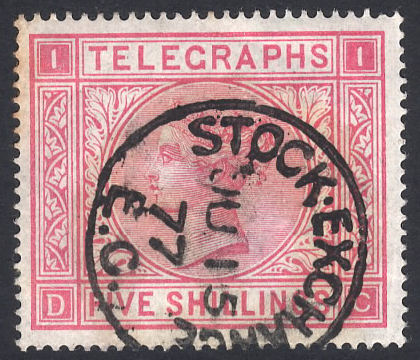 |
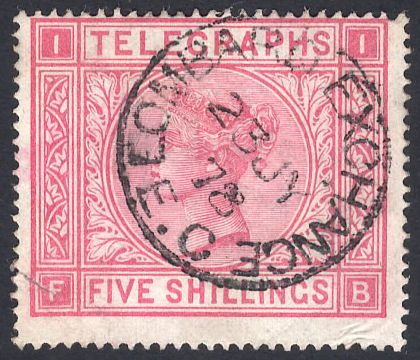 |
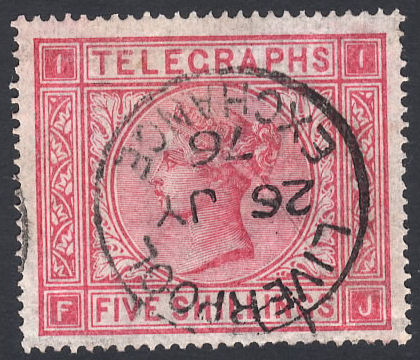 |
| Stock Exchange. London E.C. | Lombard Exchange. London E.C | Liverpool Exchange. |
| Images courtesy of Ian Pinwill, ian3032 on eBay. | ||
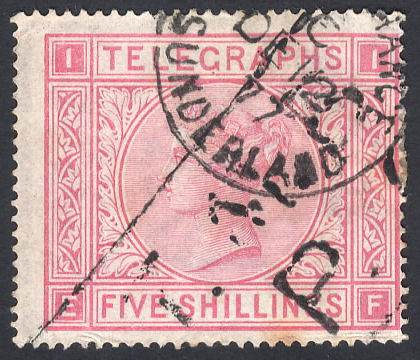 |
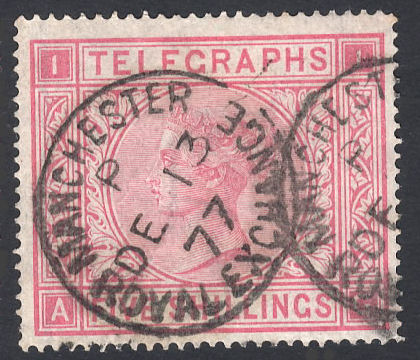 |
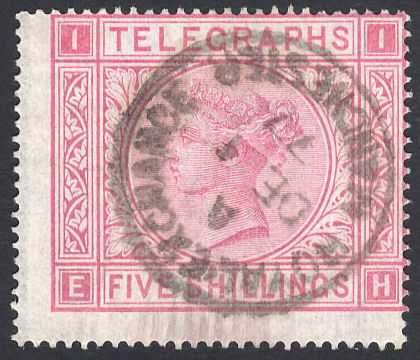 |
| The Exchange, Sunderland. | Manchester Royal Exchange. | Royal Exchange, Manchester. |
| Images courtesy of Ian Pinwill, ian3032 on eBay. | ||
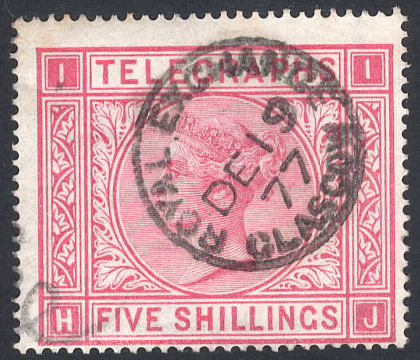 |
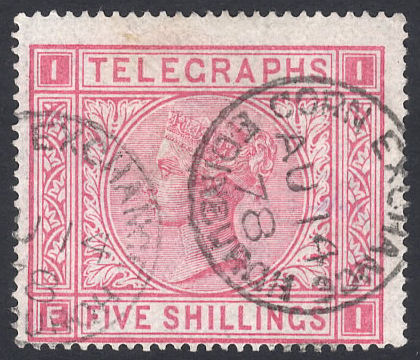 |
 |
| Royal Exchange, Glasgow. | Corn Exchange, Edinburgh. | Wool Exchange, London E.C |
| Images courtesy of Ian Pinwill, ian3032 on eBay. | ||
Docks and Quays were also important places.
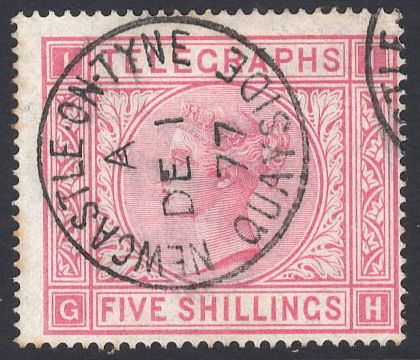 |
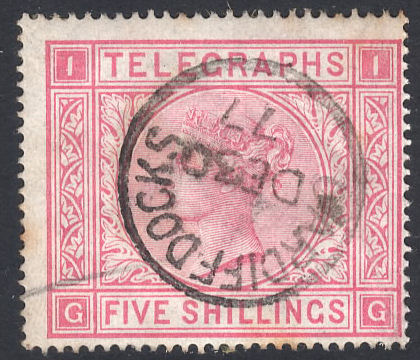 |
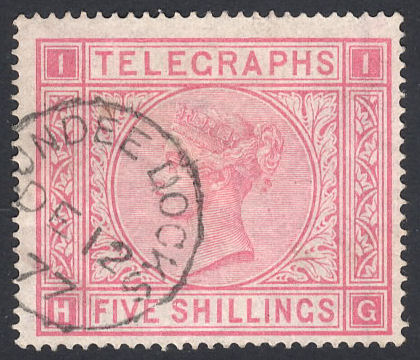 |
| Newcastle-on-Tyne Quayside | Cardiff Docks | Dundee Docks |
| Images courtesy of Ian Pinwill, ian3032 on eBay. | ||
Also some important markets and Money Order Offices.
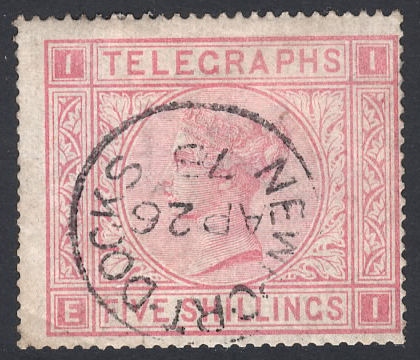 |
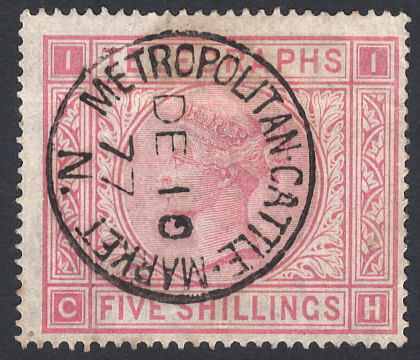 |
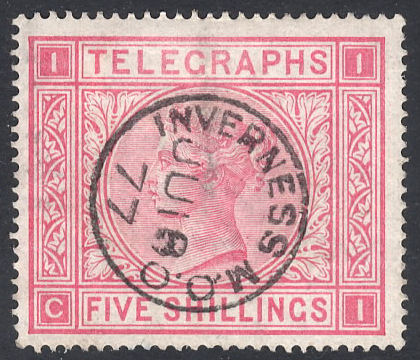 |
| Newport Docks | Metropolitan Cattle Market, London N. | Inverness M.O.O. |
| Images courtesy of Ian Pinwill, ian3032 on eBay. | ||
Last updated 29th. October 2022
©Copyright Steve Panting 2012-22 except where stated.
Permission is hereby granted to copy material for which the copyright is owned by myself, on condition that any data is not altered and this website is given credit.